
Launch Event

Workplace Injury Commission Online Launch Event
To celebrate our new chapter, we'd like to welcome you to a special online event where you’ll get the opportunity to experience our official launch. Today is about recognising and reflecting on our achievements and looking forward to the exciting challenges and opportunities ahead.
Passcode: 552403
Our story
Behind the Workplace Injury Commission is a history which spans more than 100 years. Read on to explore our roots, our story and how we’ve evolved to get where we are today. After all, this is your story too.
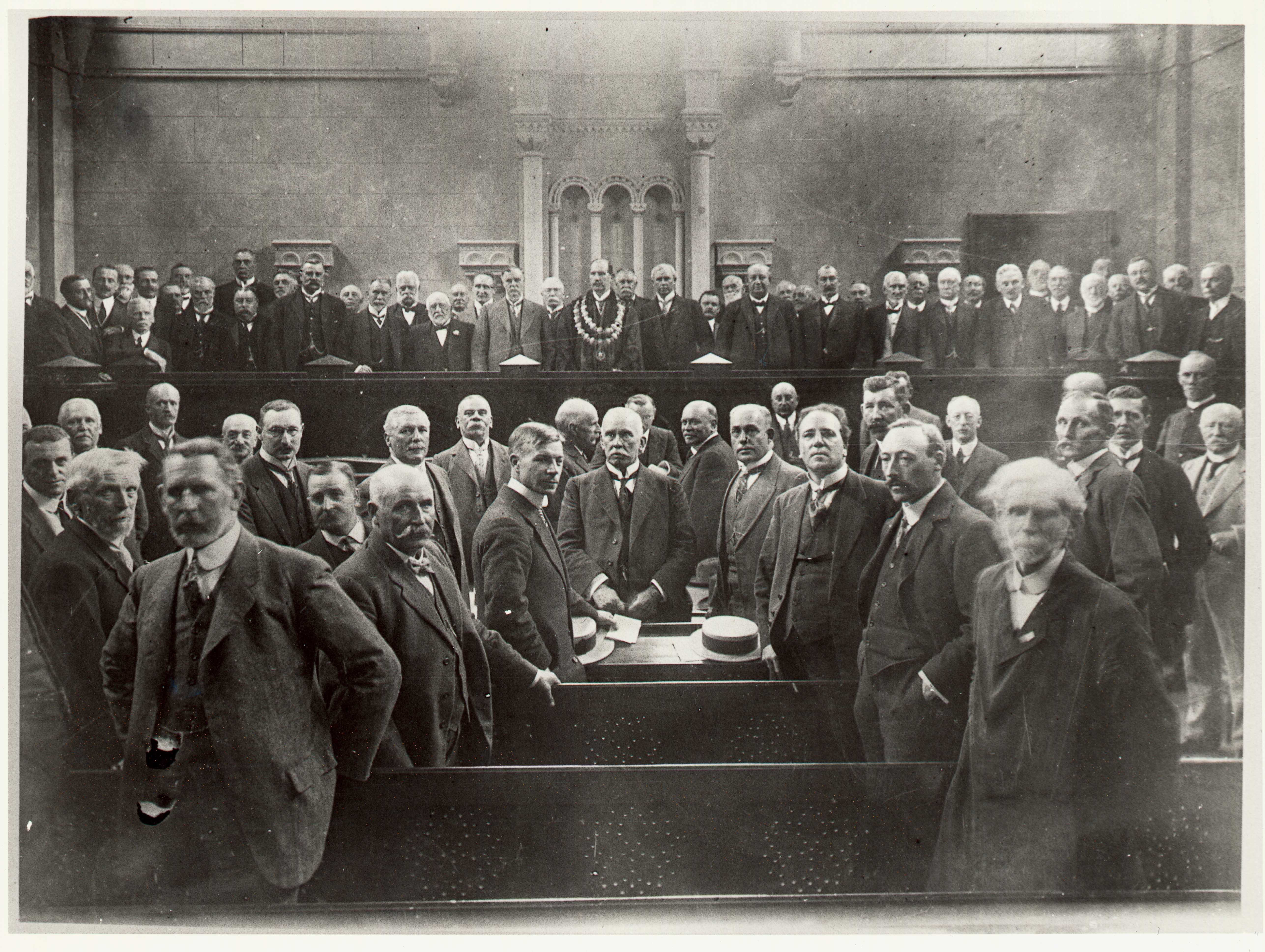
1914
Workers gain the right to claim compensation for workplace injuries.
For the first time in Victoria, injured workers could claim statutory compensation under the state’s Workers’ Compensation Act 1914. Disputes were handled by County Court Judges and Police Magistrates.
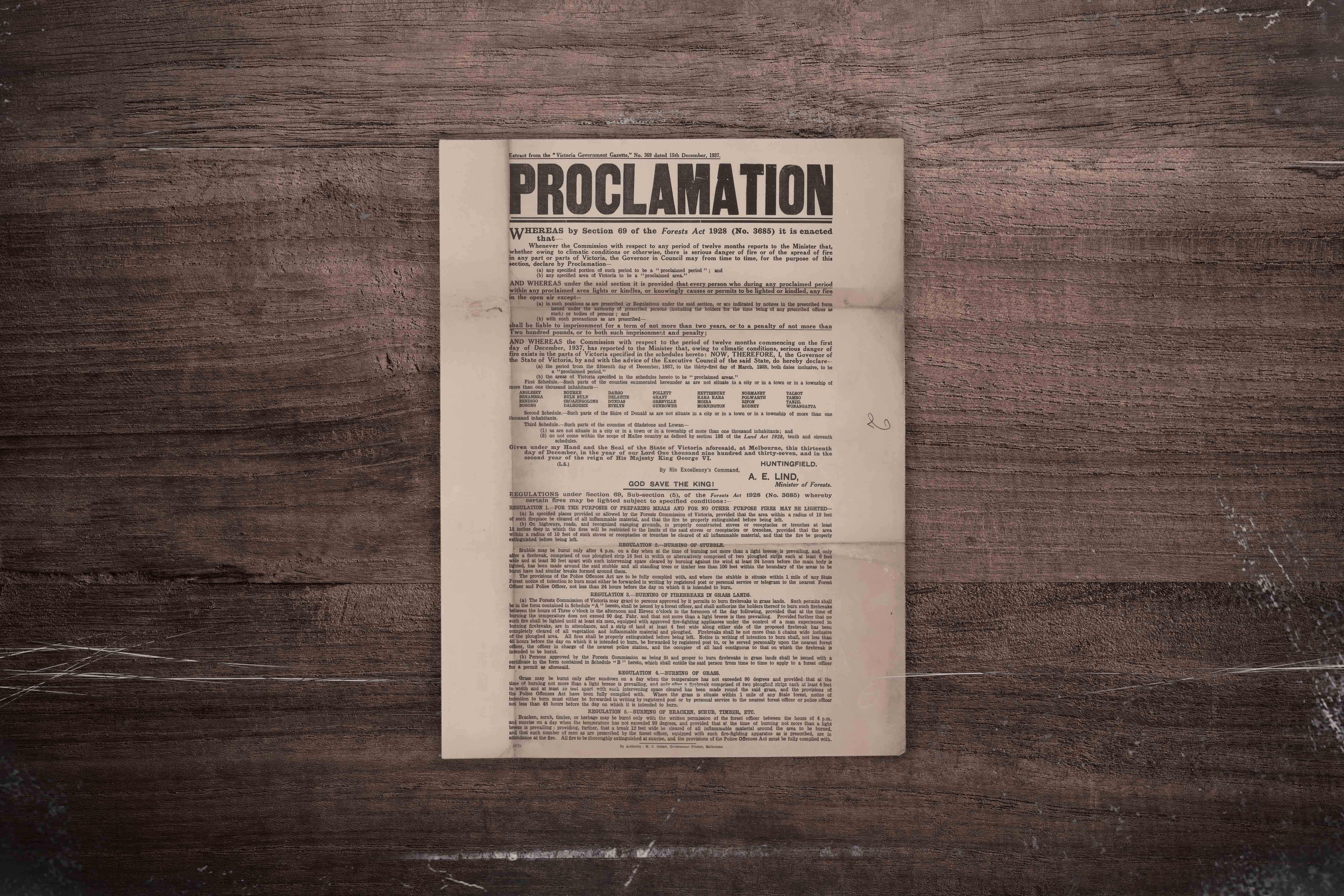
1937
Workers’ Compensation Board established to resolve disputes.
More than 20 years later, the Workers’ Compensation Act 1937 established the Workers’ Compensation Board. The Board heard compensation claims and could make decisions on any disputes commenced by injured workers
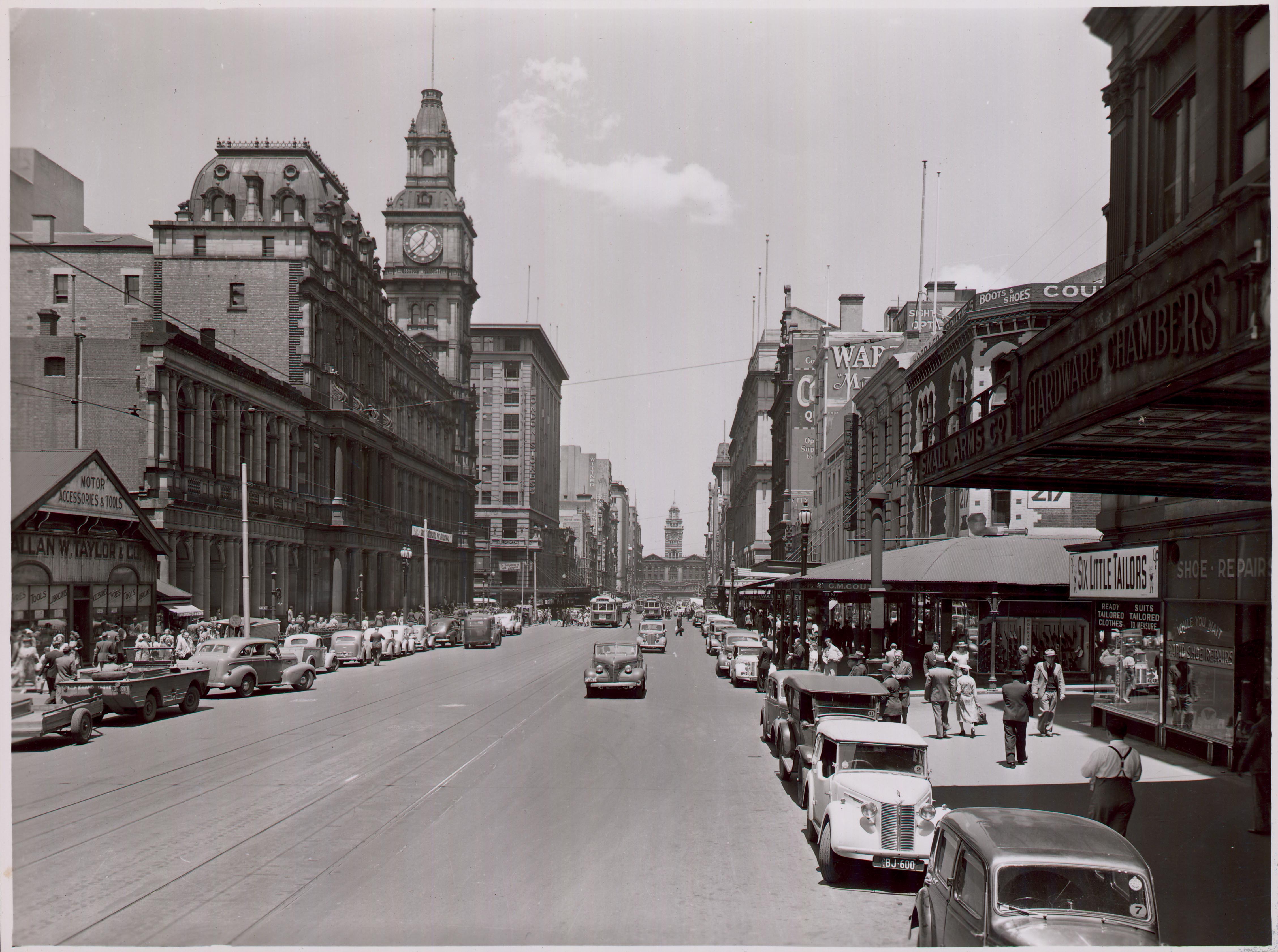
1946
Workers able to claim for injuries sustained outside of work.
The Workers’ Compensation (Amendments) Act 1946 allowed workers to claim compensation for injuries both at and outside of work if they were sustained in the course of their employment.

1958
More court-like proceedings introduced at the Workers’ Compensation Board.
The Workers’ Compensation (Amendments) Act 1946 allowed some self-employed people and contractors to claim compensation. Employers were also required to take out insurance to cover any compensation claims.

1985-87
Accident Compensation Tribunal introduced as the new dispute resolution body.
Almost 30 years on, the Accident Compensation Act 1985 established the ‘WorkCare’ workers‘ compensation scheme. This had three divisions, including the Accident Compensation Tribunal which dealt with injured workers’ compensation disputes.

1991
A new conciliation service was introduced to support the Accident Compensation Tribunal.
As the Tribunal’s workload increased, pre‐trial conferences and earlier judicial interventions were introduced – a pre-cursor to the Accident Compensation Conciliation Service.
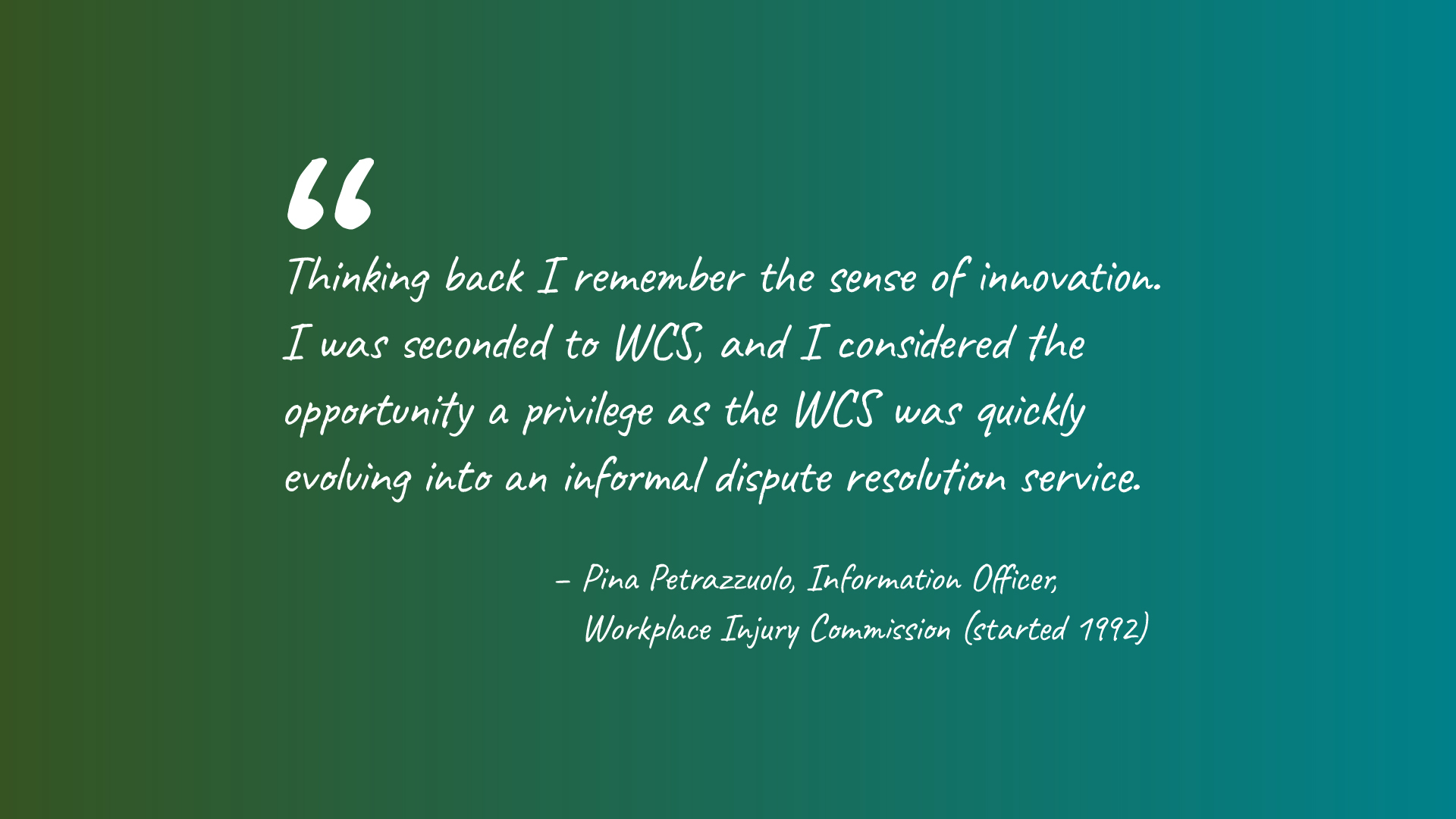
1992-93
WorkCover Conciliation Service (WCS) was established and the first formal face-to-face conciliation conferences held.
A year later the WCS, under the Accident Compensation (WorkCover) Act 1992, made sweeping reforms to workers compensation entitlements and dispute resolution. The Tribunal and WorkCare Appeals Board were replaced by the County and Magistrates Courts, the Administrative Appeals Tribunal and the WorkCover Conciliation Service (WCS).

2002
Accident Compensation Conciliation Service established as a body corporate.
A decade later, the Accident Compensation Conciliation Service (ACCS) replaced the WorkCover Conciliation Service under the Accident Compensation (Amendment) Act 2001. Conciliation Officers were appointed by the Governor in Council, on the advice of the Minister.
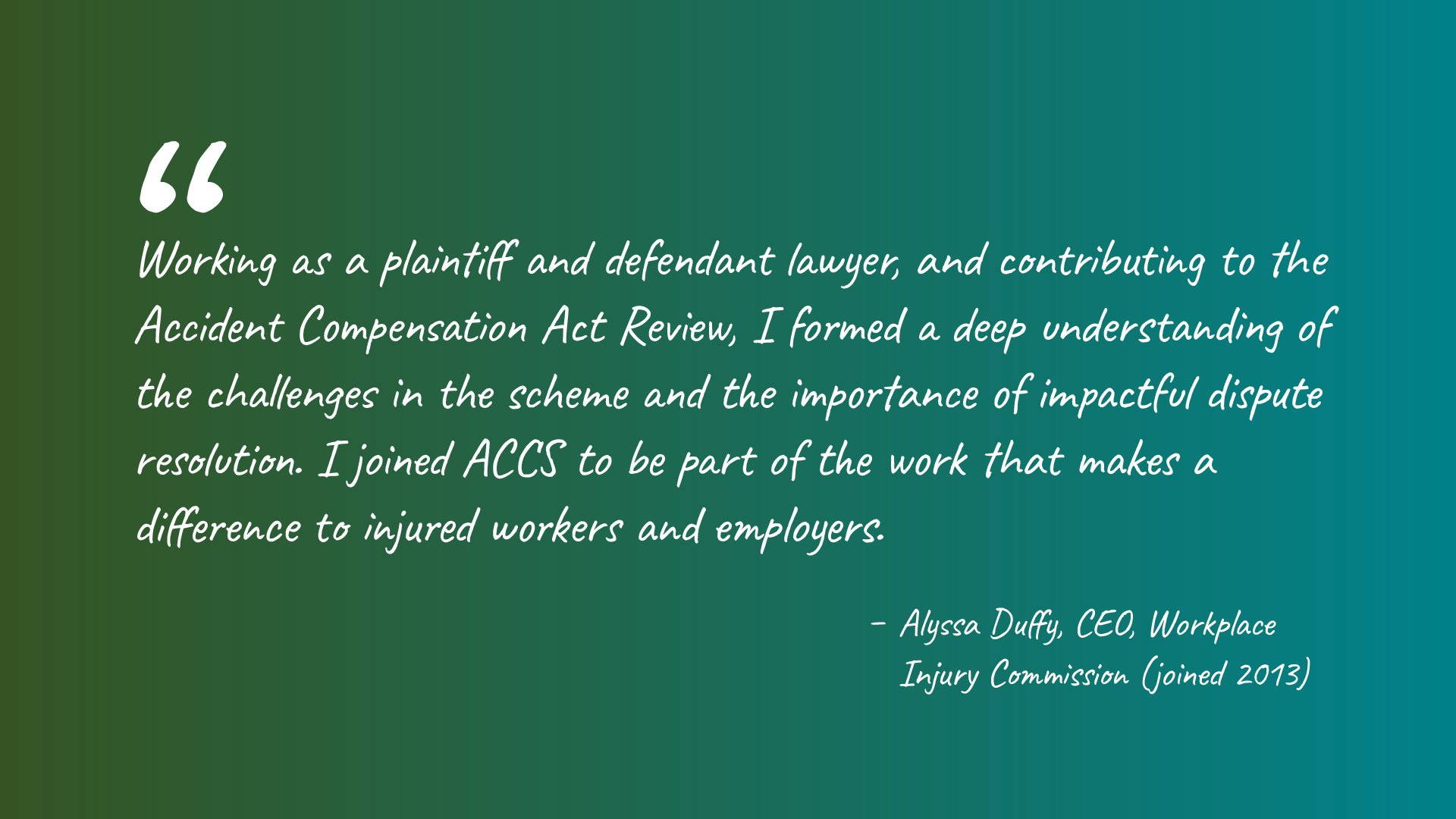
2013
Workers’ compensation legislation becomes easier to understand.
Following the Hanks Review the Workplace Injury Rehabilitation and Compensation Act 2013 introduced more streamlined legislation which was easier to understand and apply, with increased entitlements available to injured workers.
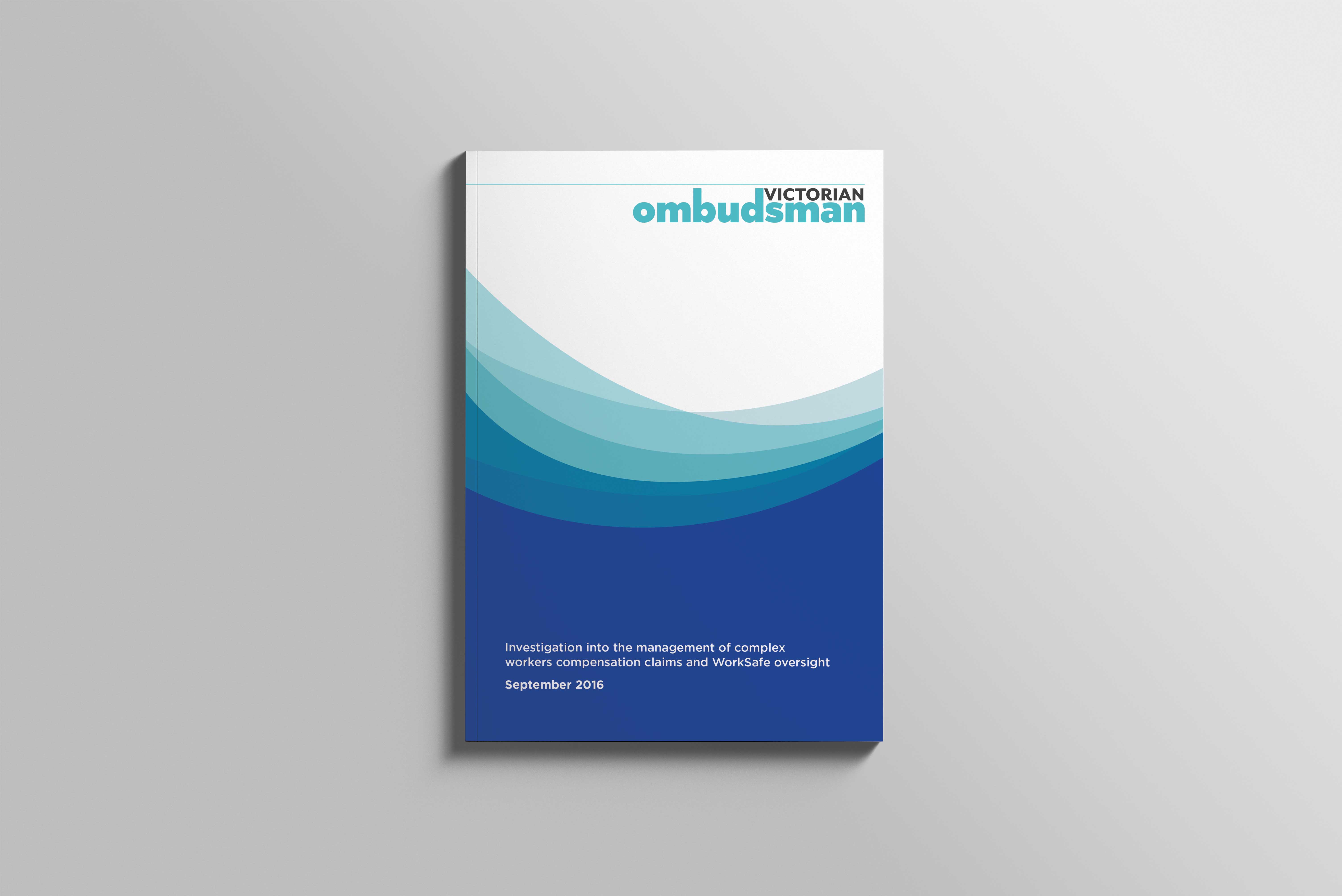
2016
Victorian Ombudsman recommends ACCS receive arbitration powers.
A Victorian Ombudsman report recommended a pathway for injured workers to resolve disputes following conciliation if a genuine dispute was not resolved.

2017-18
Accident Compensation Conciliation Service becomes a statutory authority, separating from WorkSafe Victoria.
Under the Workplace Injury Rehabilitation and Compensation (Amendment) Act 2017, ACCS became an independent statutory authority separate from WorkSafe Victoria.
The inaugural ACCS Board was formed and Julie Ligeti was appointed as the first Board Chair, followed by Meriel O’Sullivan in 2018. Conciliation Officers and Deputy Conciliation Officers were also employed in 2018.

2020
Move to hybrid working arrangements.
The COVID-19 pandemic hit and the organisation moved to remote and hybrid working. Conferences were held entirely over the phone or online for the first time with great success.

2022
Accident Compensation Conciliation Service becomes the Workplace Injury Commission.
Legislation granted determinative powers to ACCS under the Workplace Injury Rehabilitation and Compensation Amendment (Arbitration) Act 2021. Injured workers were given an informal, efficient and more affordable alternative to court if their dispute isn’t resolved via conciliation.
In recognition of this change and enhanced service offering, ACCS changes its trading name to Workplace Injury Commission.
Our impact
Every resolution matters, and ultimately what makes today exciting is the impact our arbitration and conciliation services will have on injured workers and employers across Victoria.





Thanks for joining us
Thank you for being part of today’s online event. This is an exciting new chapter at the Workplace Injury Commission and we can’t wait to see what’s next.

